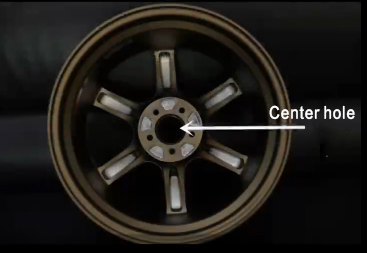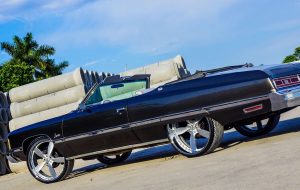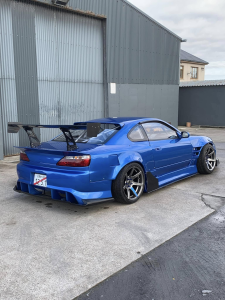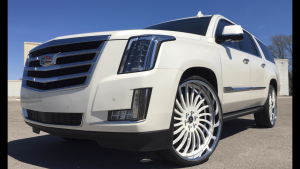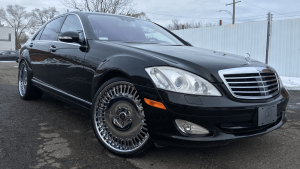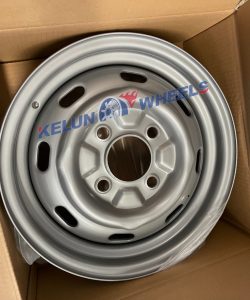-
whatsapp: +8616696837711
-
wheelim@kelunautoparts.com
-
营业时间 24H
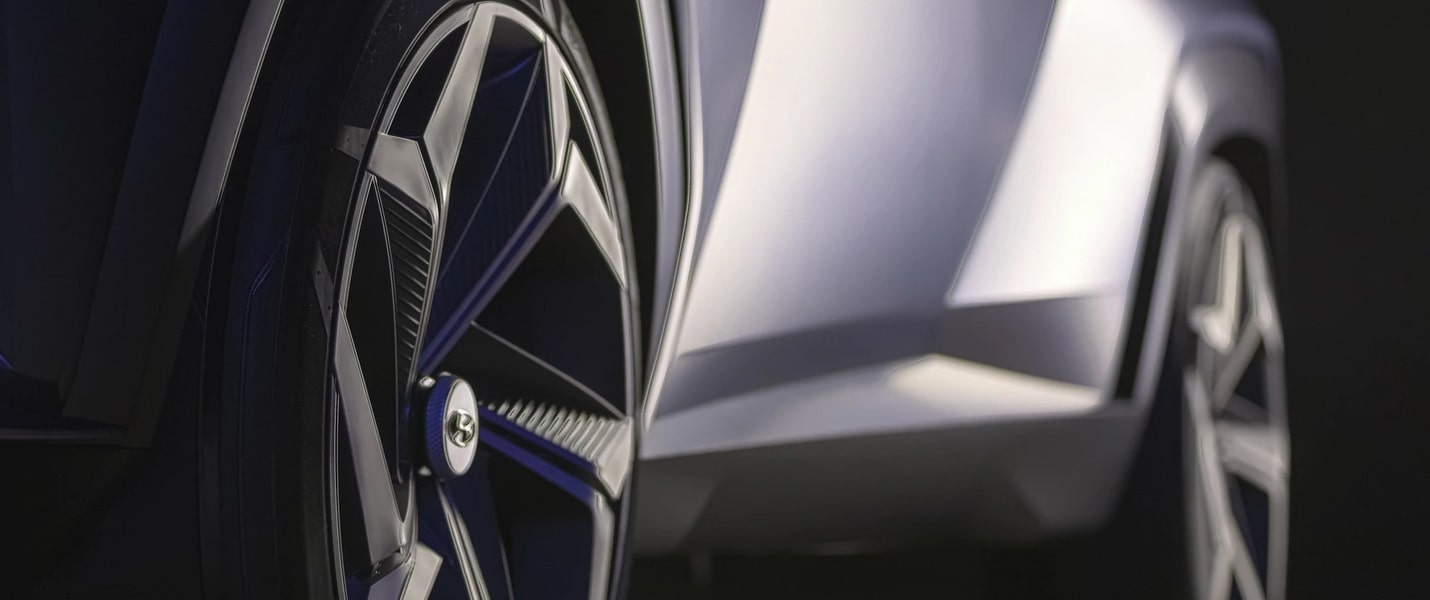
Basic parameters required for wheels
A wheel hub includes many parameters, and each parameter will affect the use of the vehicle, so before modifying and maintaining the wheel hub, you must first confirm these parameters.

Size
The wheel size is actually the diameter of the wheel. We often hear people say 15-inch wheels or 16-inch wheels. The 15 and 16 inches refer to the size (diameter) of the wheel. Generally, on cars, large wheels and high tire aspect ratios can create a good visual tension effect and increase the stability of vehicle handling, but this also comes with the additional problem of increased fuel consumption.
Width
The wheel width is also commonly known as the J value. The width of the wheel directly affects the choice of tire. For tires of the same size, different J values will result in different tire aspect ratios and widths.
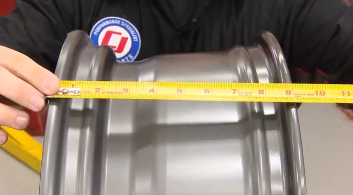
PCD and hole position
PCD is professionally known as pitch diameter, which refers to the diameter between the fixing bolts in the center of the wheel hub. Most common wheel hubs have 5 bolts or 4 bolts, but the distance between the bolts varies. Therefore, we often hear such names as 4X103, 5X114.3, and 5X112. For example, 5X114.3 means that the PCD of this wheel hub is 114.3mm and there are 5 bolts in the hole position. When choosing a wheel hub, PCD is one of the most important parameters. For the sake of safety and stability, it is best to choose a wheel hub with the same PCD as the original vehicle for upgrading.
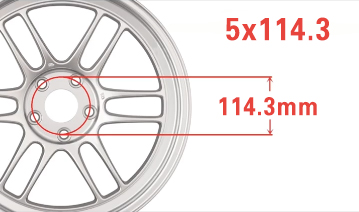
Offset
Offset in English, commonly known as ET value, is the distance between the wheel hub bolt fixing surface and the geometric center line (center line of the cross section of the wheel hub). To put it simply, it is the difference between the center screw fixing seat of the wheel hub and the center point of the entire wheel rim. In layman’s terms, it is whether the wheel hub is retracted inward or convex outward after modification. For ordinary cars, the ET value is positive, while for a few vehicles and some jeeps it is negative. For example, if a car has an offset value of 40 and is replaced with an ET45 wheel, it will be more recessed into the wheel arch than the original wheel. Of course, the ET value not only affects the visual changes, but also has something to do with the steering characteristics and wheel alignment angle of the vehicle. A large offset value difference may lead to abnormal tire wear, easy wear of the bearing, or even failure to install properly (the brake system and the wheel hub rub against each other and cannot rotate properly). In most cases, the same brand and style of wheel hub will provide different ET values to choose from. Before modification, comprehensive factors should be considered. The safest situation is to keep the ET value of the modified wheel hub the same as the original ET value without modifying the brake system.

Center hole
The center hole is used to fix the connection with the vehicle, that is, the position of the wheel hub center and the concentric circle of the wheel hub. The diameter size here affects whether we can ensure that the geometric center of the wheel rim can match the geometric center of the wheel hub when installing the wheel hub
